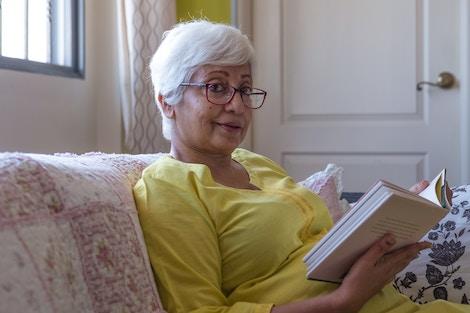The equity of homeowners ages 62 and older has reached an all-time high, according to the latest index reading from the National Reverse Mortgage Lenders Association report. Seniors saw their housing wealth grow by 2.7% or $104 billion in the first quarter of this year, reaching a $7.14 trillion record.
The increase in elderly homeowners’ wealth was mostly attributed to an estimated 2.4%, or $110 billion, increase in senior home values.
As older owners find greater equity, they’re starting to rely on it to help fund retirement, according to NRMLA.
“Reverse mortgages have become an essential component for addressing a huge problem for many Americans—funding retirement,” says NRMLA President and CEO Peter Bell. “More than 1.12 million families have used a reverse mortgage alongside side their 401(k)s, IRAs, savings, investments, Social Security, Medicare, and Medicaid to cover life’s daily expenses, so they could live more financially secure lives. As with all major financial decisions, a reverse mortgage should be part of an overall strategic plan, with input from knowledgeable professionals, and family members who may be impacted.”
Reverse mortgages are available to homeowners ages 62 and older who have significant home equity. These mortgages allow owners to borrow against the equity in their home without having to make monthly principal or interest payments. The outstanding balance is not due until the last borrower leaves the home, sells, or passes away. However, these loans do come with risks. Homeowners are encouraged to talk to with financial planners to evaluate the risks of these loans.













